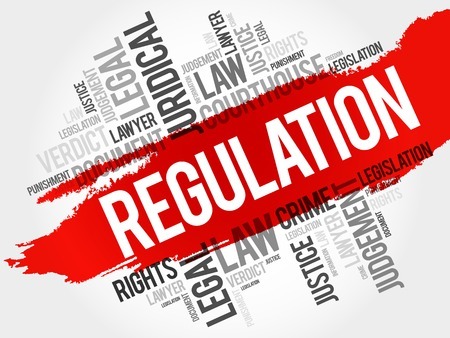Recognizing Excessive Trading or Churning in your Brokerage Account
In January, the SEC’s Office of Investor Education and Advocacy (OIEA) and Broker-Dealer Task Force jointly issued an Investor Alert to help investors recognize excessive trading in their brokerage accounts.
Excessive Trading or churning occurs when a broker engages in excessive buying or selling of securities in a customer’s account primarily to generate commissions that will benefit the broker. Churning is illegal.
Red Flags of Excessive Trading (Churning)
- If you notice unauthorized trades on your account statement.
- If there are multiple trades that seem excessive or don’t follow your investment goals.
- If the fees seem high or excessive.
Often account statements or trade confirmations don’t list all of the fees. Be diligent and ask your broker about fees. Excessive trading can still happen even if the overall account value increases.
Recovery Options
Brokers have a fiduciary duty to make investment recommendations that are consistent with the clients net worth, investment experience and objectives. Risk tolerance, age, and liquidity needs also need to be considered. Brokers are prohibited from engaging in underhanded businesses practice, like churning, that violate securities laws and regulations.
When brokers abuse client accounts and conduct transactions that violate securities laws, the brokerage firm they are working with may be liable for investment losses. Brokerage firms that fail to monitor the business activities of their employees may be liable for investment losses due to negligent supervision for the misconduct of their employees.
Free Consultation
This information is publicly available and provided to you by The White Law Group. If you believe that you have been the victim of excessive trading or churning, please call the securities attorneys of The White Law Group at 888- 637-5510 for a free consultation.
The White Law Group, LLC is a national securities fraud, securities arbitration, investor protection, and securities regulation/compliance law firm with offices in Chicago, Illinois.
Tags: broker churning, Chicago churning lawyer, Churning broker, churning broker fraud, churning FINRA, churning fraud, churning lawsuit, churning losses, Churning recovery options, churning turnover ratio, Discretionary account commissions, Excessive brokerage fees, Excessive buying and selling securities, excessive financial advisor commissions, excessive financial advisor fees, Excessive stockbroker commissions, Excessive stockbroker fees, financial advisor account churning, financial advisor Churn & burn, financial advisor churning attorney, financial advisor churning lawyer, financial advisor Excessive commissions, Financial advisor Excessive fees, financial advisor Excessive transactions, Financial advisor frequent trades, Financial advisor typical commissions, Florida churning attorney, Florida churning lawyer, Frequent broker commissions, Frequent brokerage fees, How much commissions should financial advisors make, How much trading is excessive, how much trading is too much, how to prove churning, Illinois churning attorney, Illinois churning lawyer, investment advisor account churning, investment advisor churn and burn, investment advisor excessive commissions, investment advisor excessive fees, investment advisor excessive transactions, investment advisor frequent trades, Should I give me advisor discretionary authority, stockbroker Account churning, stockbroker churning, stockbroker churning and burn, stockbroker churning attorney Last modified: May 16, 2024







